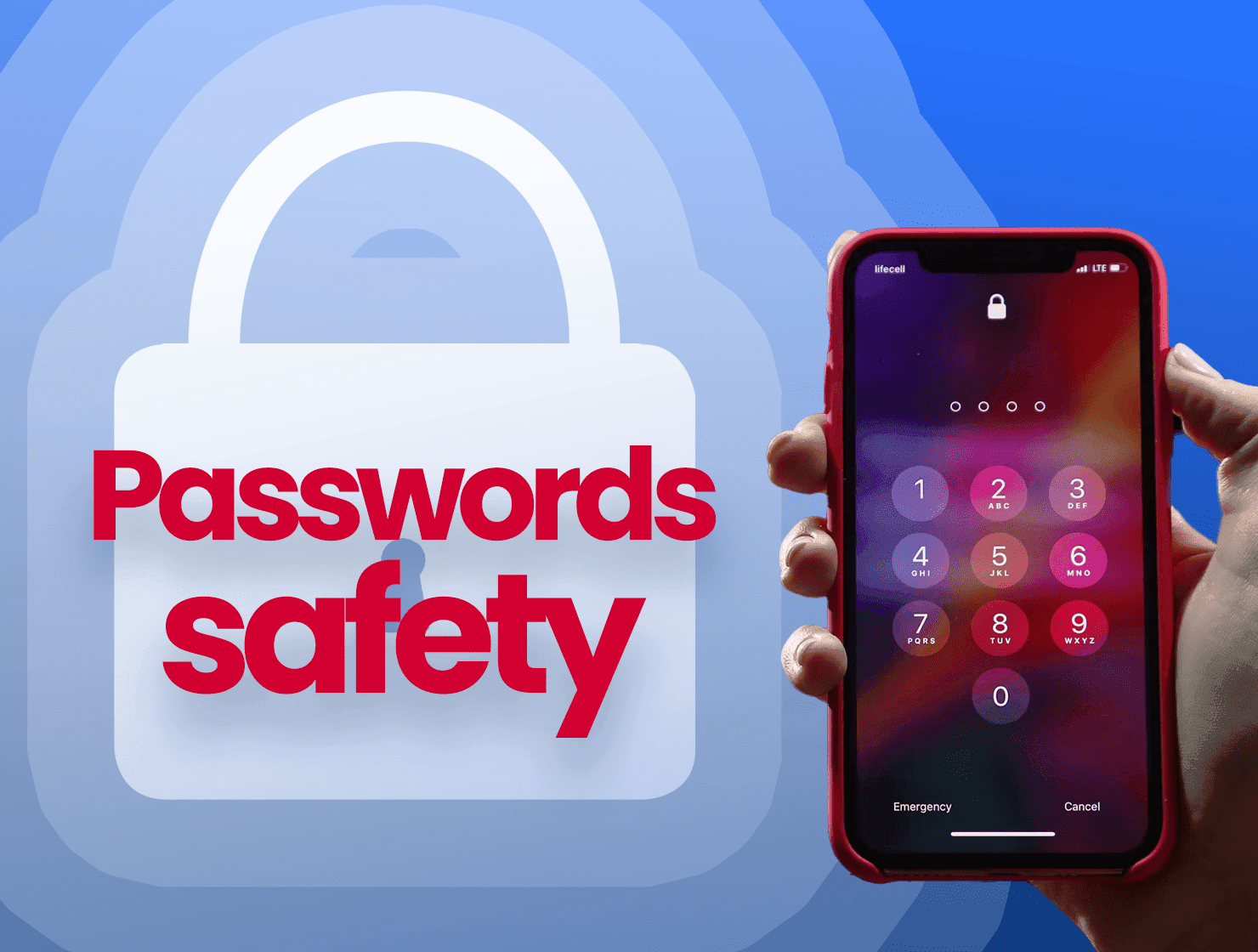

Just enter your Zip code.

Nowadays there are countless ways that hackers can gain access to your passwords and personal information. Some of the most common practices include phishing, social engineering, malware, and much more. So how do you avoid these savvy hackers when you are not an internet security expert?
There is no need to panic as the hackers evolve over the years so have the encryption methods and security measures. Some of the biggest companies in the world spend a lot of money making sure their products are secure from hackers.
Knowing password safe-keeping best practices is still crucial today in order to keep your information and finances safe when browsing the internet.
Most if not all browsers have password managing capabilities. If you are using one of the top 3 browsers: (Firefox, Google Chrome, & Microsoft Edge) then you have access to advanced password-keeping capabilities.
The truth is no password manager is 100% fail-safe, but taking multiple precautions never hurt. They do however provide encryption for your passwords, the same security that is used to keep your email and cloud storage protected.
The upside of using a browser password manager is that they are very easy to use, typically just needing a few clicks to save your password. Plus you can sign into your browser from different accounts and have access to all of your passwords without having to type them out again.
Two-factor authentication means that they add another step/confirmation in the login process. For example, sending an email or text message with a verification code to make sure it is you. Like all of the methods mentioned above, this is not a 100% foolproof method of password safekeeping but it is a good habit to follow.
You also don’t want to have the same email for all of your two-factor authentications, you will want to switch around emails and telephone numbers just in case one of them is breached.
Although it can be time-consuming to search and input the verification codes to enter any account you have, your future self with thank you for not getting hacked.
Using a password manager or keeping software is a good first step in the right direction. But it will not cover you from all of the potential attacks that your device might receive.
A virtual private network is used to hide your online activity and to guard against hackers. It keeps the actions that you take private as well as encrypts other connections.
When using a VPN your passwords are almost completely safe from hackers unless there is a key-logging software installed on your device. Your other data can also be hacked if you allow the harmful data in yourself.
Sure, it is not the most efficient way, but it is one of the safest ways of keeping your passwords if you do it right.
If you have a good variety of passwords and are not reusing them, as well as keeping them somewhere safe this will be a great alternative.
The downsides are that you will always have to make sure you don’t lose your paper containing all your passwords or keep a copy of it. As well as typing in your passwords manually every time you log in to your computer.
An efficient alternative to keeping your passwords on paper is having software that helps encrypt and autofill your passwords on any browser you have. Most password manager brands have done a great job of encrypting your passwords and keeping them safe.
The only and big problem is that there is a single point of failure, meaning that if your master password is hacked all of your passwords will be comprrimised.
You really need to wonder if you trust yourself to keep the master password safe and that will be the main point of contention when choosing this route.
Use a combination of 4 of the 5 tips I mentioned in the article, in order to avoid a single point of failure since keeping a master password safe might be tricky.
There is no one right way to keep your passwords safe as everyone has different needs and time restrictions. Using a combination of the tips mentioned above will lower your chances of getting hacked or having your information breached.
A tip that applies to everyone is to background check the companies you affiliate yourself with and especially keep finances with.
A background check can be as much as just googling their name and checking for any scandals or negative reviews.
Or it can be as deep as doing an audit of the government documents all companies are required to file such as the Better Business Bureau (BBB) and many more.
We are here to help.
Still haven’t found what you're looking for? Chat, email or Call our Customer Care Pro’s!

1400 Broadfield Boulevard Suite 200
Houston, TX 77084 United States
2840 Hwy 87 Crystal Beach,
TX 77650 United States
© 2026 Rural Telecommunications of America, Inc. All rights reserved.
409-684-7021
Deals
Business
Residential
gigFAST INTERNET ®
Legal
Cookies
Privacy Policy
gigFAST TV ® Privacy Policy
Acceptable Use Policy
RTA Internet Transparency Statement
Supplement to Client Services Agreement General Terms
RTA Story
RTA Careers
RTA Newsroom
RTA Blog
RTA Testimonials
Areas Served
Crystal Beach